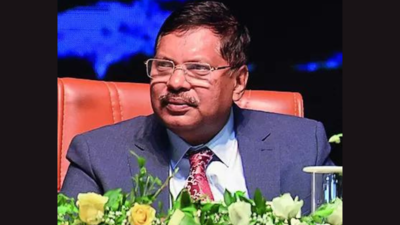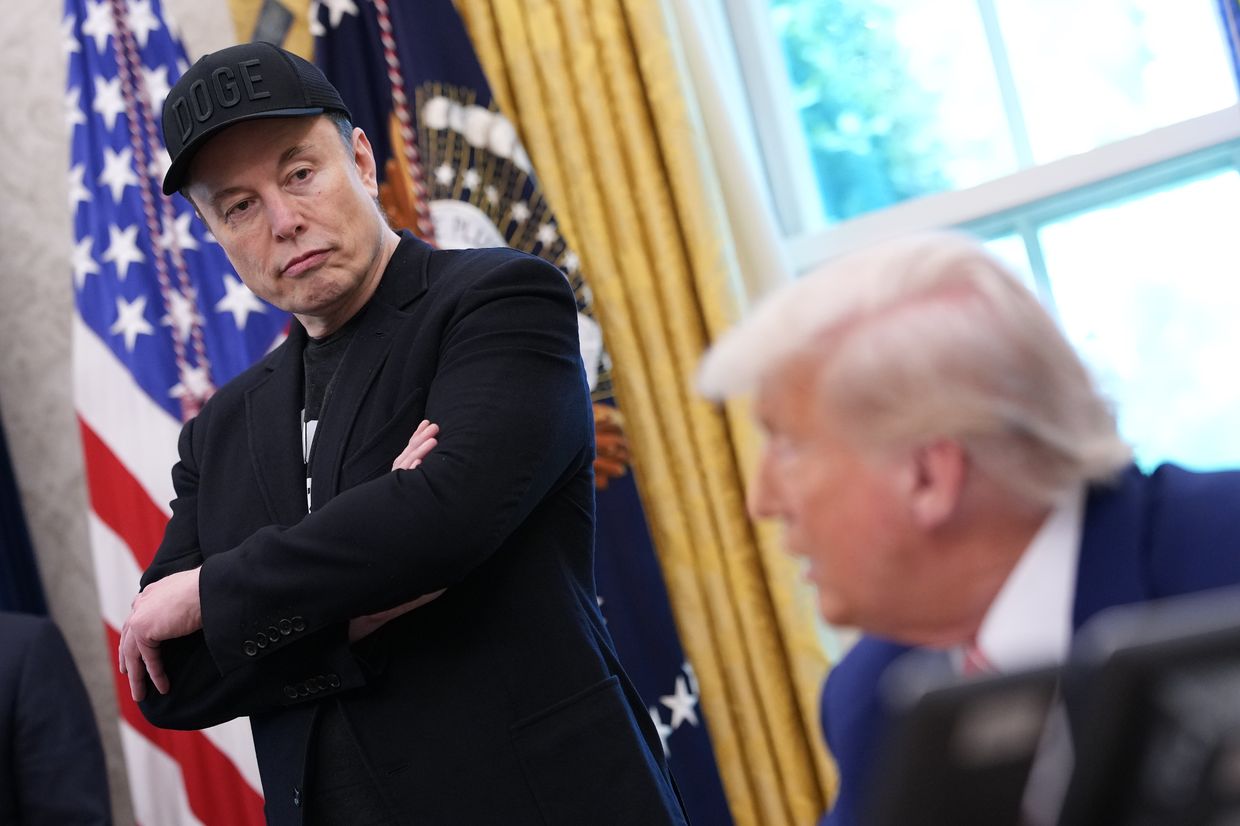
NEW DELHI: Nearly a year after penning the seven-judge Supreme Court bench's majority view favouring sub-categorisation of Scheduled Caste quota, India's second Dalit CJI B R Gavai has said the ruling ensured that the most backward among Dalits got a fair share in public employment and admissions to govt educational institutions.Speaking at the Oxford Union on 'From Representation to Realisation: Embodying the Constitution's Promise' on Tuesday night, CJI Gavai stepped into the rare zone of a judge explaining his judgment in public.The seven-judge bench judgment, authored by Justice Gavai, had on Aug 1 last year permitted states to sub-categorise castes within SC communities based on socio-economic backwardness and the degree of under-representation in govt jobs to ensure that the larger pie of 15% quota went to the most backward.
The court had asked govts to devise suitable criteria to bar the 'creamy layer' among the SCs from availing reservation.The logic behind the court's suggestion for keeping out the 'creamy layer' was that the children of civil servants and others from among the SCs, who had moved up on the socio-economic ladder and received good education, were not deserving of quotas.In his speech, CJI Gavai said the apex court's decision to uphold the principle of sub-classification within quotas for SCs "was not to question the relevance or success of reservations, but to ensure that the most marginalised within marginalised groups receive their fair share".
He said many decades ago, millions of citizens of India were called untouchables, but the country had marched ahead and "here we are today, where a person belonging to those very (untouchable) people is speaking openly, as the holder of the highest office in the judiciary of the country"."This is what the Constitution of India did. It told the people of India that they belong, that they can speak for themselves, and that they have an equal place in every sphere of society and power," he said, adding that it was possible because the prime architect of the Constitution, Dr B R Ambedkar, made inclusivity and equality the bedrock of constitutional values and guarantees.
.png)
 German (DE)
German (DE)  English (US)
English (US)  Spanish (ES)
Spanish (ES)  French (FR)
French (FR)  Hindi (IN)
Hindi (IN)  Italian (IT)
Italian (IT)  Russian (RU)
Russian (RU)  1 day ago
5
1 day ago
5








Comments